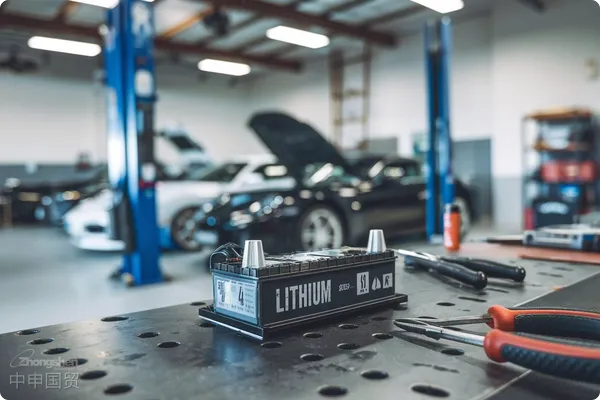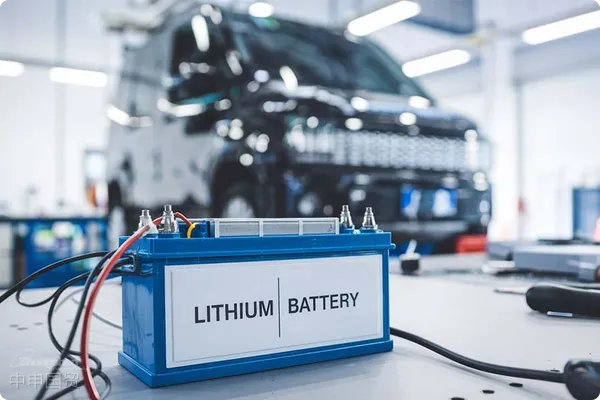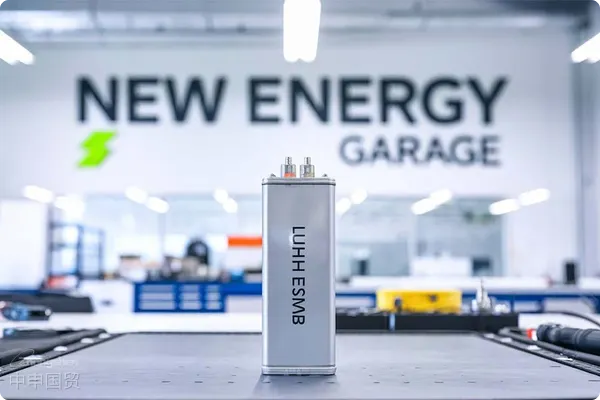- Shanghai Zhongshen International Trade Co., Ltd. - Two decades of trade agency expertise.
- Service Hotline: 139 1787 2118
South KoreaNew energyThe automotive market in South Korea is developing rapidly, and the supervision of imported vehicles has been strengthened accordingly. South Korea has multiple competent authorities and a series of technical regulations to ensure the safety and environmental friendliness of imported vehicles. To help manufacturers and importers better understand this market, this article will provide a detailed analysis of South Koreas regulatory framework, technical regulations, conformity assessment procedures and import processes.
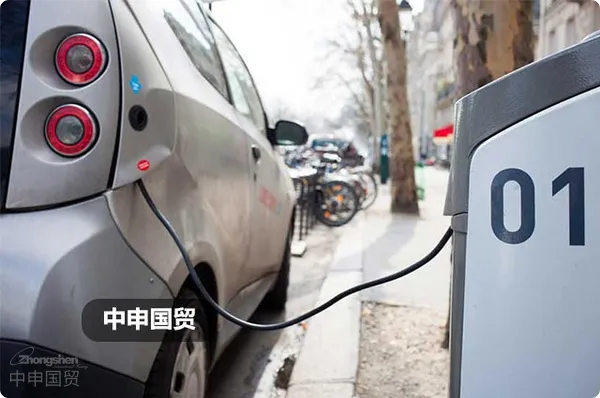
I. Regulatory Agencies and Technical Regulations
South Korea implements strict supervision over the import and production of new energy vehicles. The main regulatory agencies include the Ministry of Land, Infrastructure and Transport of South Korea, the Ministry of Environment of South Korea and the Korea Institute of Industrial Technology.
These agencies have formulated a number of technical regulations to ensure the safety and environmental friendliness of new energy vehicles, including:
The Motor Vehicle Management Act:This is the core regulation of the South Korean automotive industry, mainly stipulating the management regulations for the production, import, sales and use of automobiles. It ensures that all automobiles sold in the South Korean market meet the most basic safety and environmental standards.
The Enforcement Decree of the Motor Vehicle Management Act:Based on the Motor Vehicle Management Act, this enforcement decree provides more specific management and operational guidance for the production, sales, use and maintenance of automobiles.
The Act on the Promotion of the Development and Spread of Environment-friendly Automobiles:The South Korean government has formulated this regulation to encourage the research, development and use of environment-friendly automobiles. It mainly stipulates the preferential policies and measures for the development, production and sales of environment-friendly automobiles.
The Regulations on the Conditions of Environment-friendly Automobiles, etc. and the Regulations on the Labeling of Automobile Energy Efficiency and Grade:These two regulations are related to environment-friendly automobiles, mainly determining the environmental standards and energy efficiency grades of automobiles, as well as how to label this information.
The Regulations on the Procedures for Self-certification of Automobiles:This regulation allows automobile manufacturers to self-certify their products, but they must ensure that their products meet all relevant technical and safety standards.
The Noise and Vibration Control Act:To protect the environment and public health, this regulation strictly limits the noise and vibration of automobiles.
The Clean Air Conservation Act:Given that vehicle exhaust emissions are one of the main sources of air pollution, this regulation strictly controls and restricts vehicle exhaust emissions.
II. Conformity Assessment Procedures
In South Korea, new energy vehicle manufacturers need to complete a series of conformity assessment procedures. First, the manufacturer and its relevant personnel need to register with the Ministry of Land, Infrastructure and Transport of South Korea. In addition, the manufacturer needs to complete self-certification and manage vehicle specifications through the vehicle management computer system. South Korea also adopts sampling confirmation of compliance testing and market defect review to ensure the safety of vehicles. When it comes to issues of vehicle safety and compliance, KATRI will initiate a recall process. For electric vehicles, they also need to undergo a subsidy assessment test supervised by the Ministry of Environment.
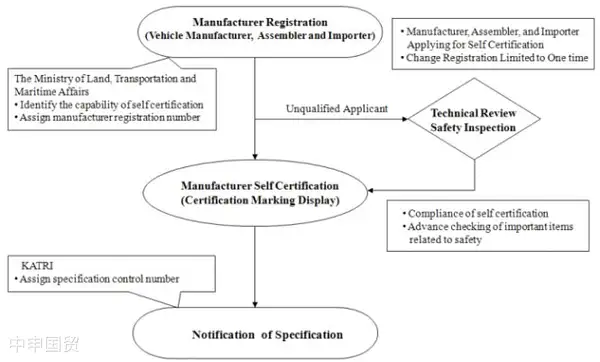
KATRI召回流程,以下是對KATRI的召回流程的描述:
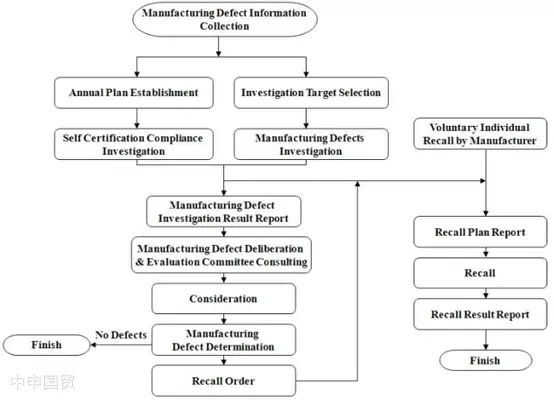
Discovery of the recall reason:When a vehicle has a safety hazard or does not meet technical specifications, whether it is the manufacturer, consumer, government agency or other third-party agency, they can report the problem to KATRI.
Problem assessment:After receiving the report, KATRI will immediately initiate an assessment procedure, conduct a detailed inspection and test of the vehicle involved to confirm whether the reported problem actually exists.
Determination of the recall scope:Once the problem is confirmed, KATRI will determine the affected vehicle models, production date range and VIN number range to determine the number of vehicles to be recalled.
Communication with the manufacturer:KATRI will communicate with the involved automobile manufacturer, inform them of the nature, severity of the problem and the recall scope. The manufacturer needs to provide a solution to the problem and a schedule.
Recall notice:KATRI will officially issue a recall notice to notify consumers, dealers and relevant government agencies. The recall notice will describe in detail the nature of the problem, the recall scope and the actions that consumers should take.
Implementation of the recall:Automobile manufacturers or importers need to start implementing the recall according to the scheduled schedule, and conduct inspections, repairs or replacements of the affected vehicles.
7、Review of Recall Results:After the recall action is completed, KATRI will review the effectiveness of the recall to ensure that all affected vehicles have been properly handled and the problems have been completely resolved.
8、Release of Recall Report:KATRI will release the final recall report, describing the entire recall process, results, and any issues that require further attention.
9、Continuous Monitoring:Even after the recall action ends, KATRI will continue to monitor the market to ensure that no new problems arise.
III. South Koreas Automobile Import Procedures
The import of automobiles in South Korea is divided into two modes: regular import and parallel import. Whichever mode is adopted, a series of certificates and technical specifications need to be provided. These materials include copies of facility assessment certificates, detailed technical specifications of vehicles, etc. These processes ensure that imported vehicles meet all the requirements of the South Korean market.
South Korea has implemented a strict supervision and review system for the import of new energy vehicles, ensuring the safety and environmental friendliness of the vehicles. For new energy vehicle manufacturers and importers hoping to enter the South Korean market, it is crucial to have an in - depth understanding of these regulatory agencies, technical regulations, and conformity assessment processes.
Related Recommendations
Category case
Contact Us
Email: service@sh-zhongshen.com
Related Recommendations
Contact via WeChat

? 2025. All Rights Reserved. 滬ICP備2023007705號-2  PSB Record: Shanghai No.31011502009912
PSB Record: Shanghai No.31011502009912
